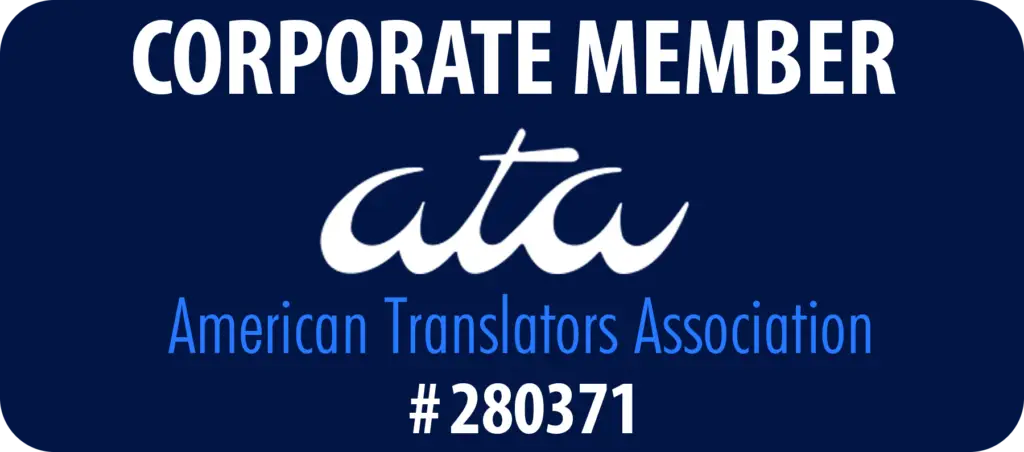In our increasingly interconnected world, the ability to communicate effectively across language barriers has never been more critical. As globalization continues to bring diverse cultures and languages into closer contact, the need for professional interpreting services is at an all-time high. This article explores the vital role that these services play in facilitating communication and fostering understanding in various sectors.
Bridging Communication Gaps in Global Business
In the realm of international business, language barriers can be significant obstacles. Miscommunication can lead to misunderstandings, strained relationships, and even financial loss. Professional interpreters are essential in ensuring that all parties involved in international business transactions understand each other clearly, regardless of their native languages. They help in contract negotiations, business meetings, and conferences, providing accurate and real-time translation that is essential for successful cross-cultural interactions.
Enhancing Healthcare Accessibility and Quality
Healthcare is another sector where the absence of effective communication can have serious consequences. Patients who are Limited English Proficient (LEP) are at a higher risk of misdiagnosis and inadequate treatment. Professional medical interpreters play a crucial role in delivering accurate information between patients and healthcare providers, ensuring that patients receive appropriate care and understand their medical conditions and treatment options.
Supporting Legal Equity
In legal settings, the precision of language is paramount. Misinterpretation can lead to a miscarriage of justice, especially for LEP individuals. Professional legal interpreters ensure that all individuals, regardless of their language proficiency, have equal access to justice. They provide essential services in courtrooms, legal consultations, and police interrogations, upholding the legal rights of non-native speakers.
Facilitating Educational Opportunities
Education is a fundamental right, and language barriers should not impede it. Professional interpreting services in educational settings enable LEP students to access the same learning opportunities as their peers. Interpreters help in parent-teacher meetings, school assemblies, and educational seminars, ensuring that language differences do not hinder academic achievement and involvement.
Promoting Cultural Competence and Inclusion
Interpreters do more than translate languages; they also bridge cultural divides. By conveying not just words but the context and cultural nuances behind them, interpreters facilitate a deeper understanding and respect for cultural differences. This cultural competence is crucial in all sectors, from business to healthcare, legal, and education, promoting inclusivity and mutual respect in diverse settings.
Conclusion
The importance of professional interpreting services cannot be overstated. They are key to navigating the challenges of language barriers in our globalized world. By enabling clear and accurate communication, interpreters play a pivotal role in connecting people, fostering mutual understanding, and ensuring that language diversity is a bridge, not a barrier. As we move forward into an increasingly multilingual future, the demand for such services is likely to grow, highlighting the need for continued investment in and recognition of this vital profession.












